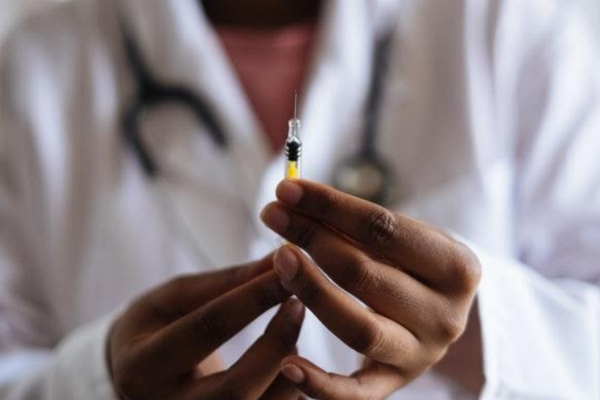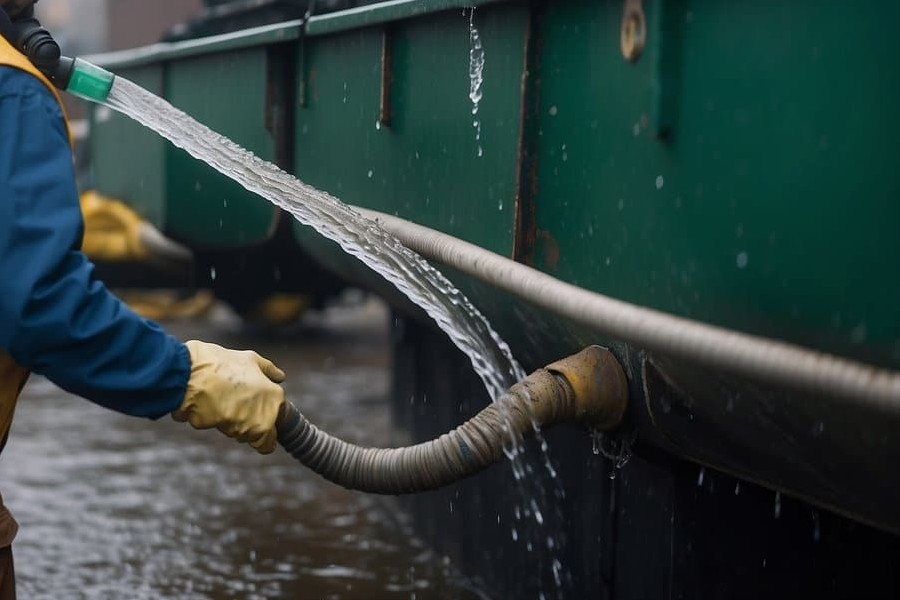 The findings from a new study conducted by researchers from Rockefeller University could provide some hope for consumers who have been affected by COVID-19.
The findings from a new study conducted by researchers from Rockefeller University could provide some hope for consumers who have been affected by COVID-19.
According to the researchers, consumers who have been infected with the coronavirus could have immunity from the virus up to six months after getting sick.
“This is really exciting news,” said researcher Michael C. Nussenzweig. “The type of immune response we see here could potentially provide protection for quite some time, by enabling the body to mount a rapid and effective response to the virus upon re-exposure.”
How does the immune system respond?
To see how well the body remembers the COVID-19 infection, the researchers measured the antibody response of nearly 90 participants involved in the study.
The first antibody check occurred one month after infection, and then the researchers followed up six months later reports Consumer Affairs.
By the six-month mark, the researchers still detected antibodies in the participants’ blood samples, though in much smaller quantities than during the first evaluation.
However, the researchers discovered that the participants had maintained higher levels of memory B cells in response to the virus, which are immune cells created in the body following infection.
This is good news because these memory B cells would fight against an infection if it encountered the virus again.
“The overall numbers of memory B cells that produced antibodies attacking the Achilles’ heel of the virus, known as the receptor-binding domain, stayed the same,” explained researcher Christian Gaebler.
The researchers also learned that these memory B cells were stronger and more effective than the original antibodies that were produced after the initial infection — despite several rounds of mutations.
“We were surprised to see the memory B cells had kept evolving during this time,” said Nussenzweig. “That often happens in chronic infections, like HIV or herpes, where the virus lingers in the body. But we weren’t expecting to see it with SARS-CoV-2, which is thought to leave the body after infection has resolved.”
As more and more consumers continue to be exposed and are recovering from COVID-19, these findings should provide some hope for longer-lasting protection.
Become a Harlem Insider!
By submitting this form, you are consenting to receive marketing emails from: . You can revoke your consent to receive emails at any time by using the SafeUnsubscribe® link, found at the bottom of every email. Emails are serviced by Constant Contact








